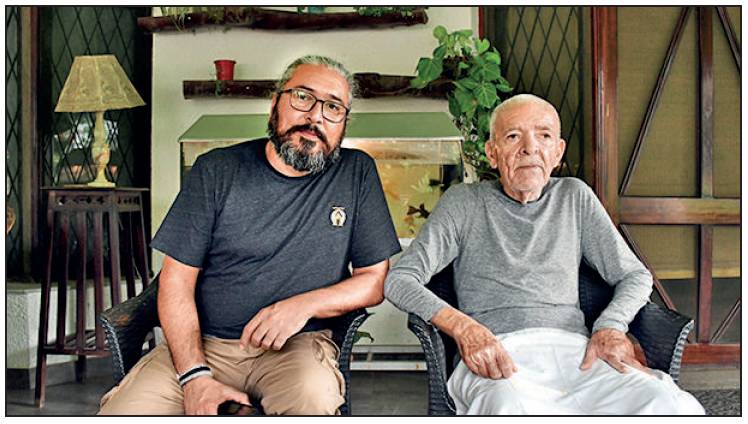Dehradun: Barakzai dynasty
This is a collection of articles archived for the excellence of their content. Additional information may please be sent as messages to the Facebook community, Indpaedia.com. All information used will be gratefully acknowledged in your name.
This is a collection of articles archived for the excellence of their content. |
As in 2021
Mohammad Anab, August 19, 2021: The Times of India

From: Mohammad Anab, August 19, 2021: The Times of India
Their ancestors founded the last dynasty of Afghanistan, were exiled to India by the British and lived out their days in the Doon valley. Now, in a quiet pocket of Dehradun, seven descendants of the Afghan royals, who introduced Basmati to Dehradun, live as a family of farmers.
The first trail leading from Kabul to Mussoorie goes back to1840, a year into the First Anglo-Afghan War, which would set the stage for what continues to be a struggle for power. The British had secured a victory in Ghazni and Dost Mohammad Khan, founder of the Barakzai dynasty and the ruler of Kabul, Peshawar and Kashmir, surrendered. He was “hustled off” to Mussoorie. “He stayed at what is now the Wynberg Allen School. It came to be known as Bala Hissar Estate locally, referring to the fortress in Kabul,” said his grandson’s great grandson Mohammad Ali Khan, 51, a Doon School alumnus.
While Dost Mohammad found his way back to the throne in Kabul by 1842, his grandson Yaqub Khan found himself in the same situation about four decades later. It was after the Second Anglo-Afghan War — he was pushed out of Kabul by the British. “He came to Dehradun in 1879,” said Khan. “He loved hunting and the hills. He found both here. He would go to Raiwala for hunting.”
The two Afghan royals, historians say, introduced the Dehradooni Basmati. “Dost Mohammad Khan was fond of pulao and missed it during his exile. He brought Basmati to the Doon valley and is credited with improving its genetic variety,” Dehradun historian and heritage activist Lokesh Ohri said. “His grandson Yaqub Khan continued that. He gave Basmati seeds to a Paltan Bazaar trader and asked him to cultivate them in Dehradun. Surprisingly, the Doon valley’s weather suited the rice and it turned out even better than the variety in Afghanistan.”